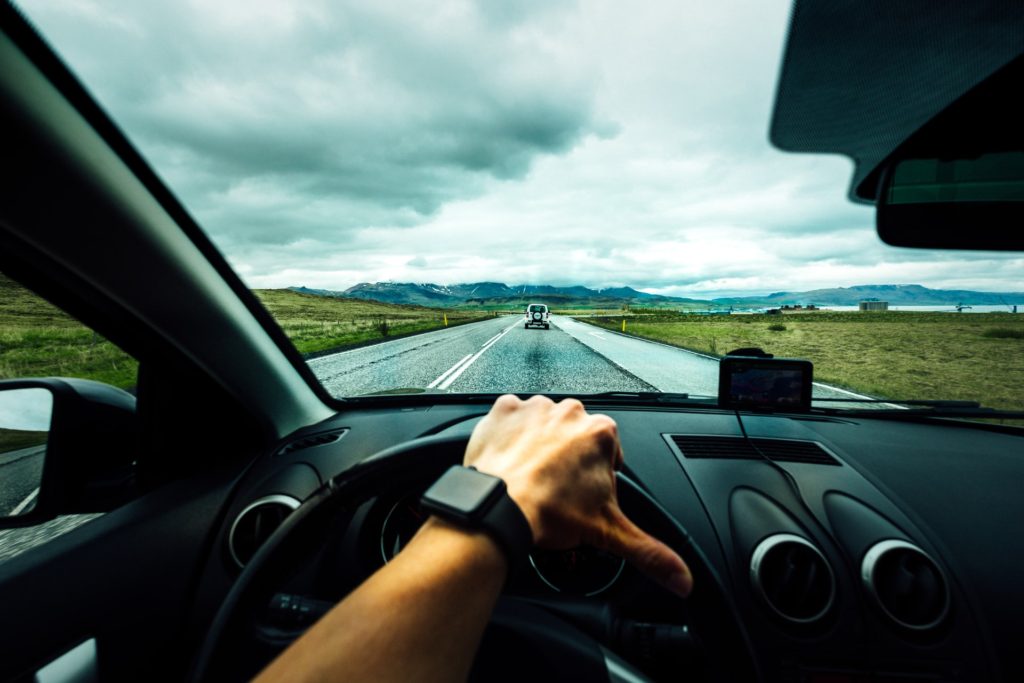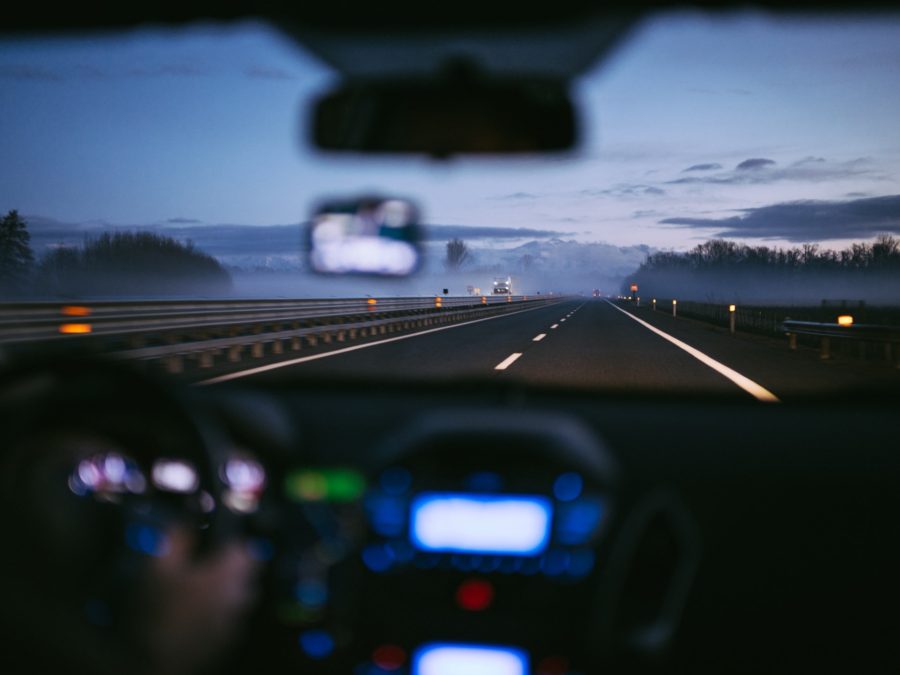
Importance of Driving Safely During Your Travels
Road trip accidents are, unfortunately, very common. Every year, 38 thousand people in the USA lose their lives in road trip accidents, and 4.4 million people sustain injuries that require medical attention. The reasons behind this phenomenon are many; it could be fatigue, distractions, poor road lighting, or lack of warning signs, among other reasons. These factors are usually amplified while traveling, especially if you don’t know your way around the area. To minimize the chance of getting involved in an accident, you have to drive safely. Here are a few safety tips for when you’re going on a road trip.
Watch Your Speed
Speeding is one of the major causes of car accidents. You need to know the speed limits of the roads you’re traveling on and adhere to them. You should also adjust your speed accordingly in case of extreme weather conditions like ice, rain, fog, or snow. When it’s foggy, turn on the low-beam headlights, and in the rain, lower your speed because the ground can get slippery, and you could lose control of your vehicle.
Keep a Safe Distance
You should keep a safe following distance of at least 3 seconds between you and other cars; otherwise, you might collide with the driver in front of you if they stop their car suddenly. The distance should increase if the weather is bad. According to the lawyers at https://hildasibrian.com/en/car-accident-lawyer/, tailgating is one of the main causes of car accidents in Houston and other big cities. If you’ve been hurt in a car accident, look for lawyers in your area who will help you file a claim and represent your interests.
Eliminate Distractions
Distractions are another main cause of car accidents. You should never focus on anything else other than the road. Do not use your phone and make sure your children are buckled up in the backseat because if they move around the car, you might get distracted. If you drop something on the car’s floor, don’t try to pick it up until you’ve pulled over.
Stay Alert
It goes without saying that you shouldn’t drive under the influence of drugs or alcohol. Some medications might make your drowsy, so check your prescriptions, and avoid taking them before the trip. If you’re driving for a long distance, make sure to pull over to eat and take a break. Generally, try to plan your trip, so you drive in the morning and not at night.
Check Your Car
Your car should be serviced before you go on a long trip. You should check the coolant, oil, tire pressure, spare tire, brakes, and belts, caps, hoses, filters, lights, signals, and windshield wipers. If something isn’t right, go to a mechanic and make sure it’s fixed. You will find yourself in a difficult situation if the car isn’t well-maintained.
Have an Emergency Kit
You never know when you might need to use an emergency kit or a first aid kit. There are must-haves in the emergency kit like a spare tire, no-spill gas can, bottled water, flashlight, extra batteries, duct tape, shovel, car escape tool, and a non-explosive flat tire inflation canister. You should also have a jumper cable and a mobile charger in your car in case of emergencies.
Turn on the Headlights
It’s crucial to make sure that you can always see well and be seen by other cars when you’re driving. That’s why when the sun sets, you should turn the headlights on. They should also be kept on in some weather conditions like rain, snow, or fog.
Stay on the Right Lane
Unless you’re passing a slower vehicle, always stay in the right lane. That’s because the left lane is the passing lane. If you drive in the left lane in some states, you might get pulled over and even ticketed.
Follow Safety Rules
There’s a very good reason why it’s illegal to drive without the seat belt. Having everyone wear their seatbelts can be a lifesaver in a car accident. You should always follow the recommended safety precautions whenever you’re driving. That includes driving carefully, staying in your lane, and checking the mirrors before parking, turning, and changing lanes.

In general, you should drive safely and carefully, but there are extra steps to take when you’re traveling. Road trips can be long, so you need to start the trip early after adequate hours of sleep. Don’t forget to take breaks for eating, bathroom visits, and rest every few hours. It’s also important to know the road you’re traveling on, so be prepared by checking the safety rules and weather conditions before you hit the road. Fill your car with gas, check-up on your vehicle, and fully charge your phone. Remember, it never hurts to be extra safe and prepared.











